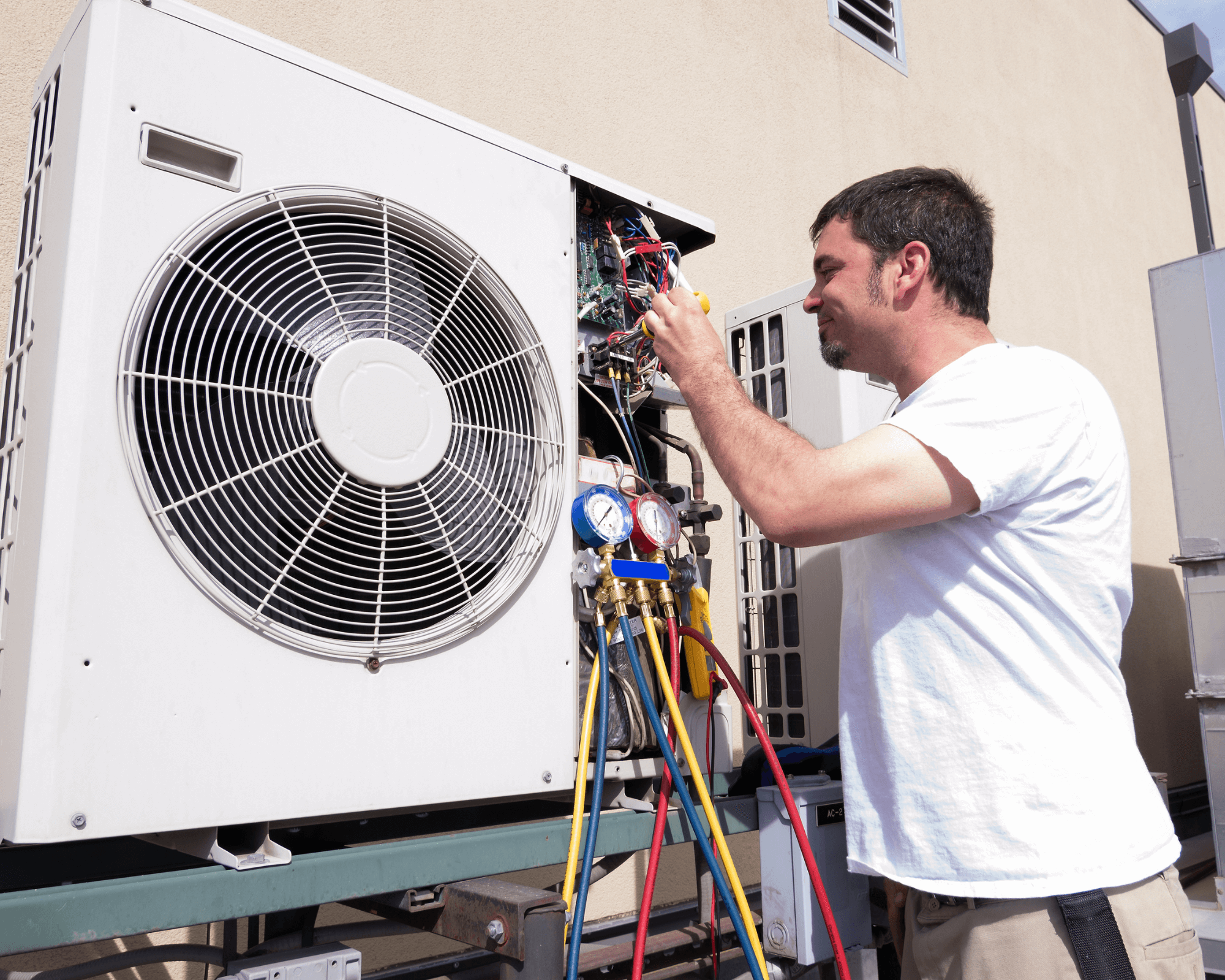In the scorching desert climate of Las Vegas, where temperatures can soar to extreme highs, the role of a fully functional HVAC (Heating, Ventilation, and Air Conditioning) system is paramount for maintaining indoor comfort. Regular maintenance of your HVAC system is not just a recommendation; it is essential for its efficiency, longevity, and your overall home comfort. This comprehensive guide aims to walk Las Vegas residents through the importance, processes, and tips for maintaining their HVAC systems effectively.
Understanding the Importance of HVAC Maintenance in Las Vegas

Las Vegas experiences a desert climate with hot summers and mild winters, putting unique demands on HVAC systems. In summer, the average temperature often exceeds 100 degrees Fahrenheit, which means air conditioning systems work harder and longer. Without proper maintenance, systems are prone to failures which can result in uncomfortable indoor environments and high repair costs.
Maintaining your HVAC not only helps in avoiding unexpected breakdowns but also ensures energy efficiency, reduces utility bills, extends the lifespan of the unit, and ensures consistent comfort levels throughout the year. Furthermore, regular checks can improve air quality, reducing the risk of respiratory issues and other health problems associated with poor air quality.
Key HVAC Maintenance Practices
1. Regular Filter Changes
One of the simplest yet most effective maintenance tasks is changing the air filters. In a city like Las Vegas, where dust and allergens are prevalent, changing the air filters every 30-60 days can prevent airflow restrictions and inefficiencies. During peak summer months, checking and replacing filters monthly can be beneficial due to increased usage.
2. Scheduled Professional Inspections
Professional HVAC technicians can provide comprehensive assessments and tune-ups that go beyond basic homeowner maintenance. These inspections typically include checking the thermostat settings, tightening electrical connections, lubricating moving parts, inspecting the condensate drain, and checking system controls. It’s advisable to schedule professional maintenance at least twice per year: in spring before the summer heat sets in and in fall before the cooler temperatures arrive.
3. Cleaning the Coils
The evaporator and condenser coils are crucial components of your HVAC system. Over time, they can accumulate dirt and debris, reducing the system's ability to absorb heat and thus compromising its efficiency. Cleaning these coils annually is crucial, especially after dust storms or increased outdoor activities that can introduce more particles into the system.
4. Checking the Refrigerant Levels
Refrigerant levels that are too high or too low can significantly impair the efficiency of your air conditioning system. An HVAC professional can check these levels during routine maintenance visits and adjust them as necessary. Incorrect refrigerant levels can cause the system to work harder, increasing energy costs and
reducing its lifespan.
5. Ensuring Good Airflow
Maintaining proper airflow is essential for the health and efficiency of your HVAC system. This includes checking external units for obstructions, maintaining clear zones around all equipment, and ensuring vents inside the home are not blocked by furniture or curtains.
6. Programmable Thermostat
Upgrading to a programmable thermostat can optimize HVAC operations. These devices can be set to adjust the indoor temperature based on different times of the day or the occupants’ patterns, thus using energy more efficiently and extending the system’s life by reducing workload.
Common HVAC Issues in Las Vegas
Due to the harsh conditions, HVAC systems in
Las Vegas HVAC maintenance Vegas may encounter specific issues:
- Overheating: Units can overheat due to prolonged use during hot days. Regular maintenance helps prevent this by ensuring all components are functioning correctly and efficiently.
- Duct Leaks: Leakages in ductwork can lead to significant cooling losses. Sealing ductwork during maintenance checks can prevent these issues.
- Thermostat Malfunctions: Inconsistent temperatures often point to thermostat issues. Calibration and, in some cases, replacement might be necessary.
- Capacitors: The start and run capacitors in an HVAC system are prone to failure due to the constant cycling of the unit under extreme temperatures. Regular checks can detect capacitor issues before they cause system failures.